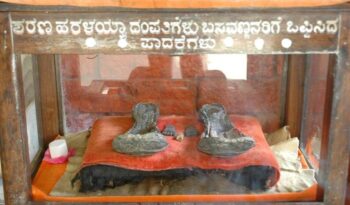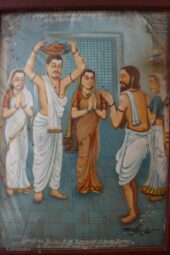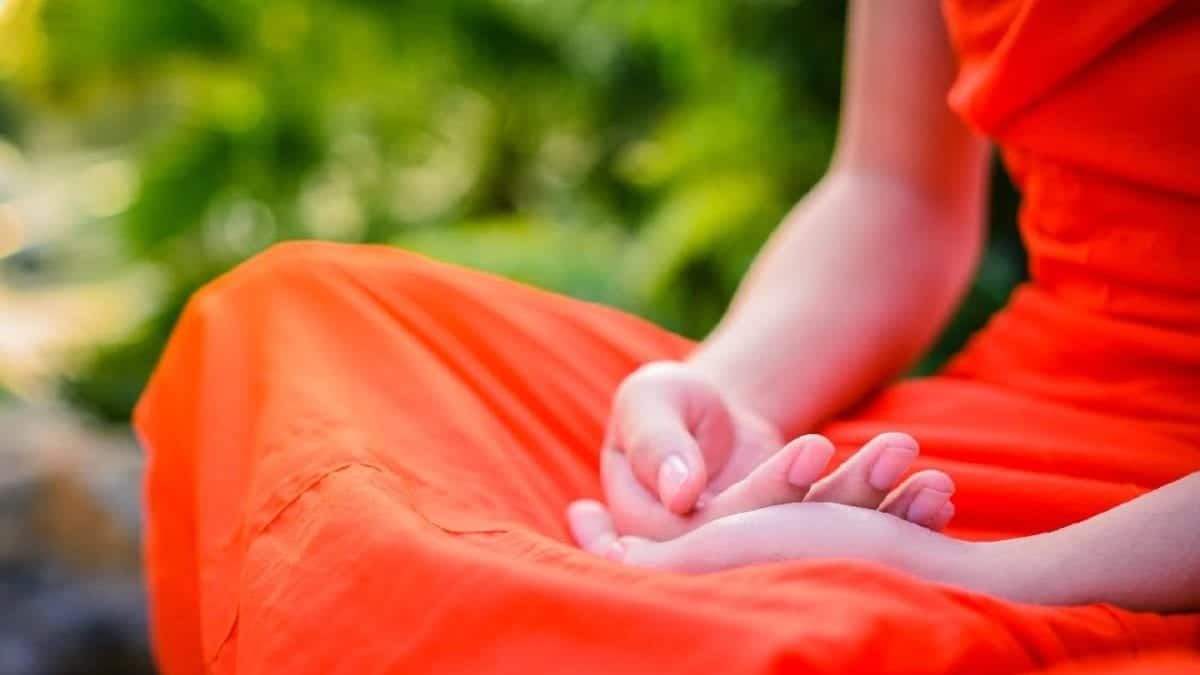During the 12th century, the Bhakti movement blossomed. During the same time period, several sharanas’, like Basavanna, Allama Prabhu, and Akkamahadevi, took significant risks to end casteism. In the meantime, a incident involving Basavanna, Haralayya, and Kalyanamma occurred, which I’m recounting here.
Haralayya and his wife Kalyanamma were Shiva worshippers from Bijanalli, a village 12 kilometres from Sedam, where I live. Haralayya was a prominent Vachanakara (a type of Kannada rhythmic poetry) who dedicated his poems to Lord Shiva. He worked as a cobbler, which was considered a lower caste occupation at the time, and anyone doing such a job was considered “untouchable.”

During the reign of the Kalachuri-dynasty king Bijjala, Basaveshwara, also known as Basavanna, was a statesman, philosopher, poet, social reformer, and saint. He was also King Bijjala’s treasurer. Basavanna’s poetry, known as Vachanaas, was used to raise societal awareness. He was against gender and social inequality, as well as superstitions.
Once Basavanna came to Untouchables Street and had puja and lunch in Haralayya’s house, while departing Haralayya greeted politely with the formal salutation “Sharanu,” to which Basava replied, “Sharanu Sharanarthi.” The untouchable shoemaker was taken aback by the king’s treasurer’s gracious treatment of him. He told his wife that he had committed a terrible sin because he had let a great soul like Basava have respected a lowly person. To free himself of sin, Haralayya decided to make a pair of slippers from his own skin. Haralayya’s wife, Kalyanamma, contended that she had an equal right to assist in the manufacturing of the pair of slippers with her husband. The couple tanned their skin off their thighs and made a pair of nobleman’s shoes out of it.

When the shoes were delivered to him, Basavanna was astonished and touched those slippers with his eyes in adoration and placed them on his head. Basavanna said the slippers were divine, and he couldn’t imagine wearing them. He handed them back to the couple and said, “The shoe was made from Sharanas’ skin. GOD is the only one who can wear it.”

Experts from Karnataka University, Dharwad, and the University of Mysore, who visited Bijanalli around two decades ago to verify the reality of the story, took a little piece of the footwear with them for testing and later proved that it was made of human skin.
I’m writing this short narrative in honour of those magnificent noble beings, as today is the 917th Birth Anniversary of Basaveshwara.
Thank you for your time.
Love and Peace.
Narendra









Comments & Discussion
5 COMMENTS
Please login to read members' comments and participate in the discussion.